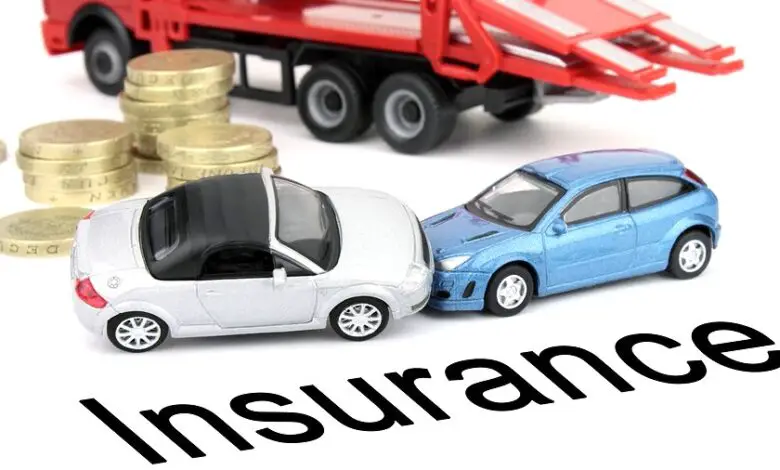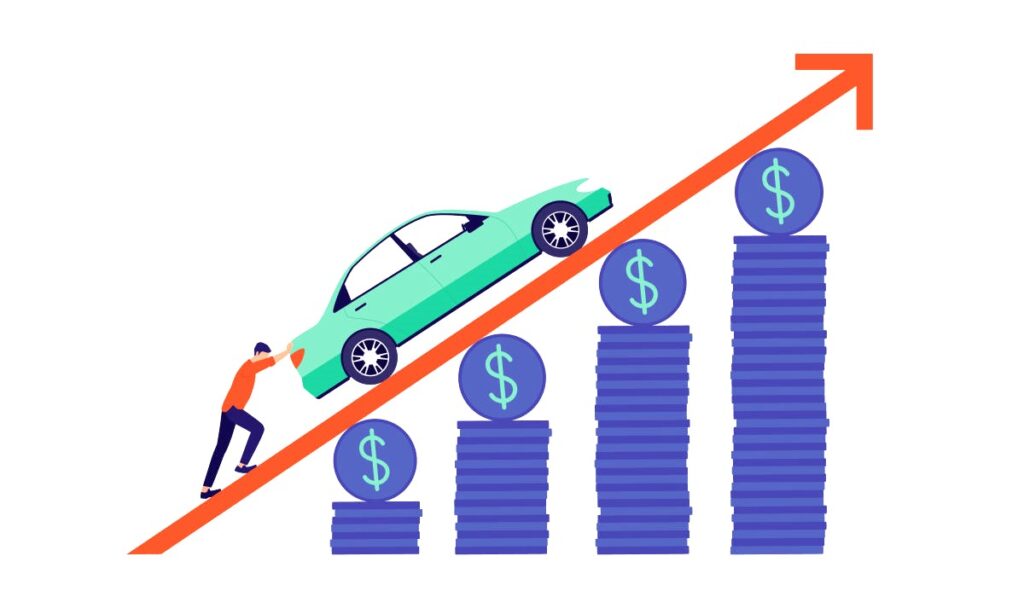The Ultimate Guide to How Insurance Companies Value Cars
The Role of Appraisals in Insuring High-Value Vehicles

Value Cars: Insurance companies use various methods to value cars for the purpose of determining insurance premiums, settling claims, and assessing the overall risk associated with insuring a specific vehicle. The methods commonly used include

Actual Cash Value (ACV):
ACV is one of the most common methods used to value cars for insurance purposes. It’s the market value of the vehicle at the time of the loss or damage. Insurance adjusters typically consider factors such as the car’s age, make, model, mileage, condition, and depreciation. They may also factor in the resale value of similar vehicles in the local market.
Replacement Cost:
Some insurance policies offer coverage based on the replacement cost of the vehicle, especially for new cars. In this case, the insurer pays the cost to replace the insured vehicle with a new one of the same make and model, without factoring in depreciation.
Agreed Value:
Classic cars and some unique or high-value vehicles may be insured at an “agreed value.” In this approach, the insured and the insurance company agree on a specific value for the vehicle when the policy is purchased. This value is then used in the event of a claim.
Stated Value:
Similar to agreed value, policyholders declare a specific value for their vehicle, but in this case, the insurance company may not necessarily agree to the stated value. They will typically use it as a reference point in the event of a claim but may adjust it based on their own assessment.
Market Valuation Tools:
Some insurance companies use market valuation tools and databases that provide real-time market data to determine a vehicle’s value. These tools take into account factors such as the make, model, year, mileage, and current market conditions.
Inspections and Appraisals:
For unique or high-value vehicles, insurers may require a professional inspection or appraisal to determine the car’s value accurately. These inspections may be conducted by independent appraisers or authorized by the insurance company.
Diminished Value:
If a car has been in an accident and repaired, it may have diminished value, even if the repairs were made correctly. Some insurance policies consider this when determining the value of a vehicle.
Conclusion:
It’s essential to understand the specific method your insurance company uses for valuing cars, as this can significantly impact your premiums and claims settlement. If you have a unique or high-value vehicle, it’s a good idea to discuss the valuation method with your insurer and potentially seek an agreed or stated value policy to ensure you are adequately protected in the event of a loss. Additionally, it’s crucial to keep your insurer updated with any modifications or enhancements made to your vehicle, as these can also affect its value and coverage.




